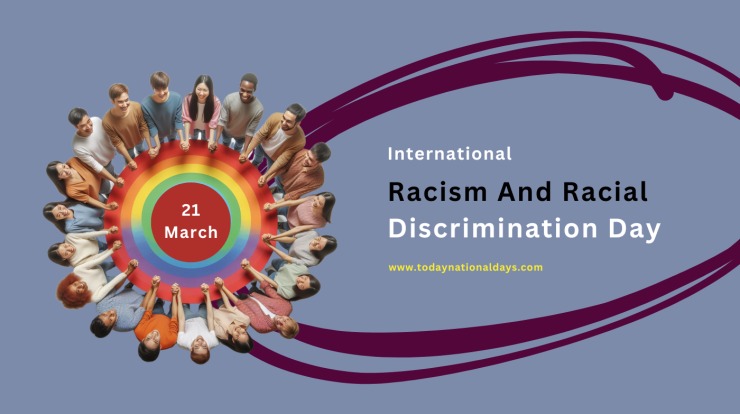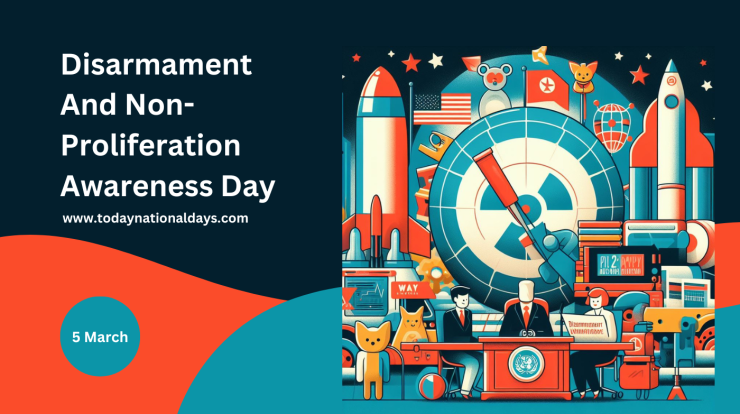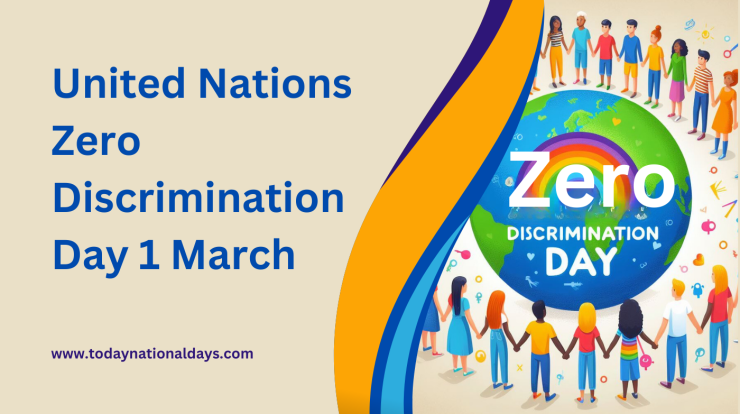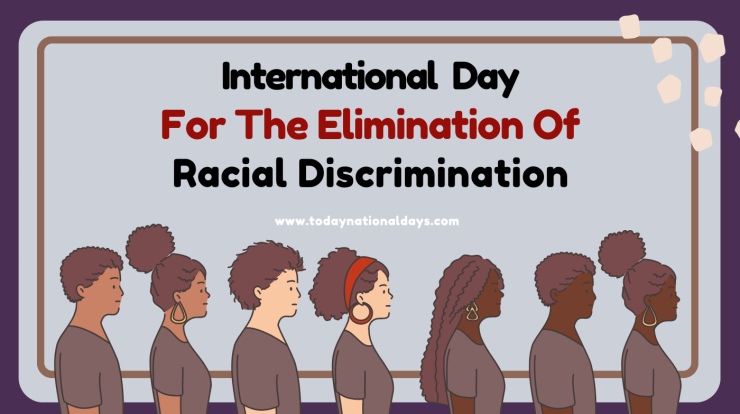
World Radio Day February 13 was proclaimed by UNESCO in 2011 and adopted by the United Nations in 2012 as an International Day. This date celebrates the many unique and important ways radio impacts lives worldwide.
Radio is a powerful medium that celebrates humanity’s diversity and provides a platform for democratic discourse. Globally, radio remains the most widely consumed medium.
Its broad reach allows radio to shape society’s experience of diversity and serve as a platform where all voices can be heard. Radio stations should cater to diverse communities by offering a variety of programs, viewpoints, and content, reflecting their audiences’ diversity in their operations.
According to various international reports, radio remains one of the most trusted and widely used media worldwide.
What Is World Radio Day?
Radio is an affordable communication tool, perfect for reaching remote communities and diverse social groups. It’s beloved worldwide for various reasons: in-car listening, real-time weather and sports updates, and companionship during late nights, among others. Radio offers everyone, regardless of their education level, a chance to participate.
Additionally, radio is crucial in emergencies, providing reliable information when disasters disrupt infrastructure and electricity, halting other communication systems like the Internet.Radio services have evolved significantly, embracing digital technologies.
Now, they offer Visual Radio and multi-platform options, turning shows into podcasts and creating audio series. This evolution gives listeners more freedom to choose when and how they listen.
History Of Radio Day
Delve into the fascinating history of radio broadcasting, from its early experiments to the digital age.
Early Experiments
Explore the pioneering work of inventors like Guglielmo Marconi, Nikola Tesla, and Heinrich Hertz, who laid the groundwork for wireless telegraphy and radio transmission.
Marconi’s Breakthrough
Learn about Guglielmo Marconi’s historic transmission of the first radio signal across the Atlantic Ocean in 1901, a monumental achievement that revolutionized long-distance communication.
Rise Of Radio Broadcasting
Trace the evolution of radio from point-to-point communication to mass broadcasting, with the establishment of radio stations and networks around the world.
Golden Age Of Radio
Discover the heyday of radio entertainment during the early to mid-20th century, characterized by serialized dramas, variety shows, and live performances that captivated audiences worldwide.
What Sets Radio Apart As A Medium?
People worldwide love radio for its in-car listening, real-time updates, and late-night companionship, making it an affordable communication tool reaching remote communities. It offers everyone a chance to participate, regardless of education.
Radio is also vital in emergencies, providing reliable information when other systems fail. Today, radio is evolving with digital technologies, offering Visual Radio, podcasts, and audio series, giving listeners more flexibility in how and when they listen.
What Was The Original Idea Behind World Radio Day?
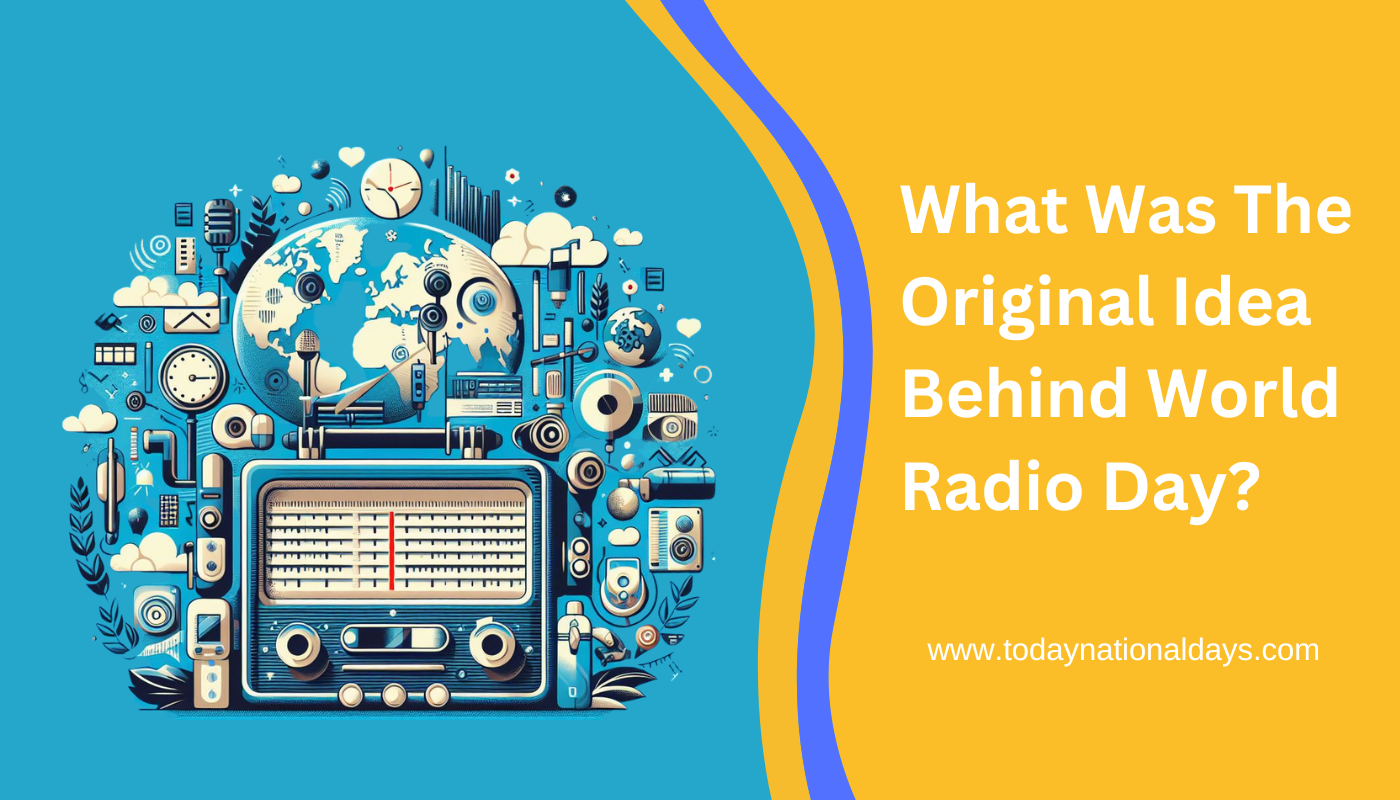
World Radio Day (WRD) was established by UNESCO in 2011 and adopted by the United Nations General Assembly in 2012. Celebrated on February 13, it marks the anniversary of the United Nations Radio’s creation in 1946.
The day was created through a comprehensive consultation process involving radio broadcasting associations, radio stations, institutions, UN agencies, NGOs, universities, and other stakeholders, following a proposal by the Spanish Radio Academy.
What Is The Aim Of World Radio Day?
World Radio Day is a celebration of radio as a medium. It promotes international cooperation between radio broadcasters and encourages both major networks and local stations to enhance access to information and freedom of expression.
The objectives of World Radio Day include raising public and media awareness about the importance of public service radio, encouraging decision-makers to support free, independent, and diverse radio, and strengthening networking and international cooperation among broadcasters.
Conclusion Of World Radio Day 13 February
World Radio Day is a celebration of the enduring power and influence of radio. As we mark this special day, it’s essential to recognize and support the vital role that radio continues to play in informing, educating, and entertaining people worldwide. The future of radio is bright, with endless possibilities for growth and innovation.
FAQs About World Radio Day 13 February
Why Is February 13th Radio Day?
In 1946, UNESCO’s Director-General proposed United Nations Radio.During UNESCO’s 36th session, they designated February 13 as World Radio Day. Then, on January 14, 2013, the UN General Assembly endorsed this decision.
Which World Day Is On February 13?
In 2011, UNESCO Member States chose February 13 as World Radio Day (WRD), a decision endorsed by the UN General Assembly in 2012, marking it as a UN International Day.
What Happens On World Radio Day?
UNESCO invites broadcasters worldwide to join in celebrating World Radio Day. Encourage all types of radio stations to share their unique cultural perspectives and programming styles.
Who Invented Radio Day?
In the mid-1890s, Guglielmo Marconi created the inaugural long-distance radio communication tool, drawing inspiration from physicists’ electromagnetic wave studies.

